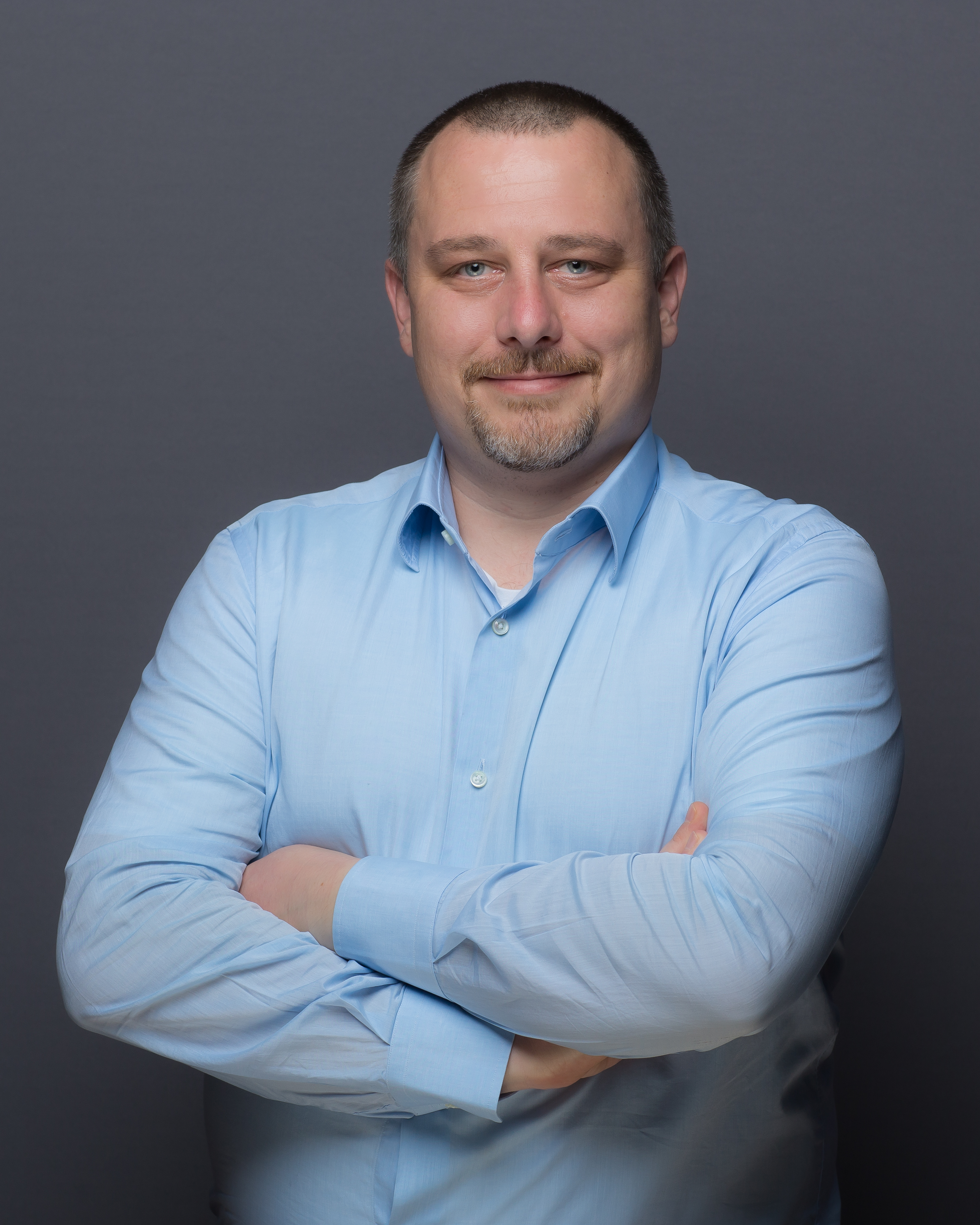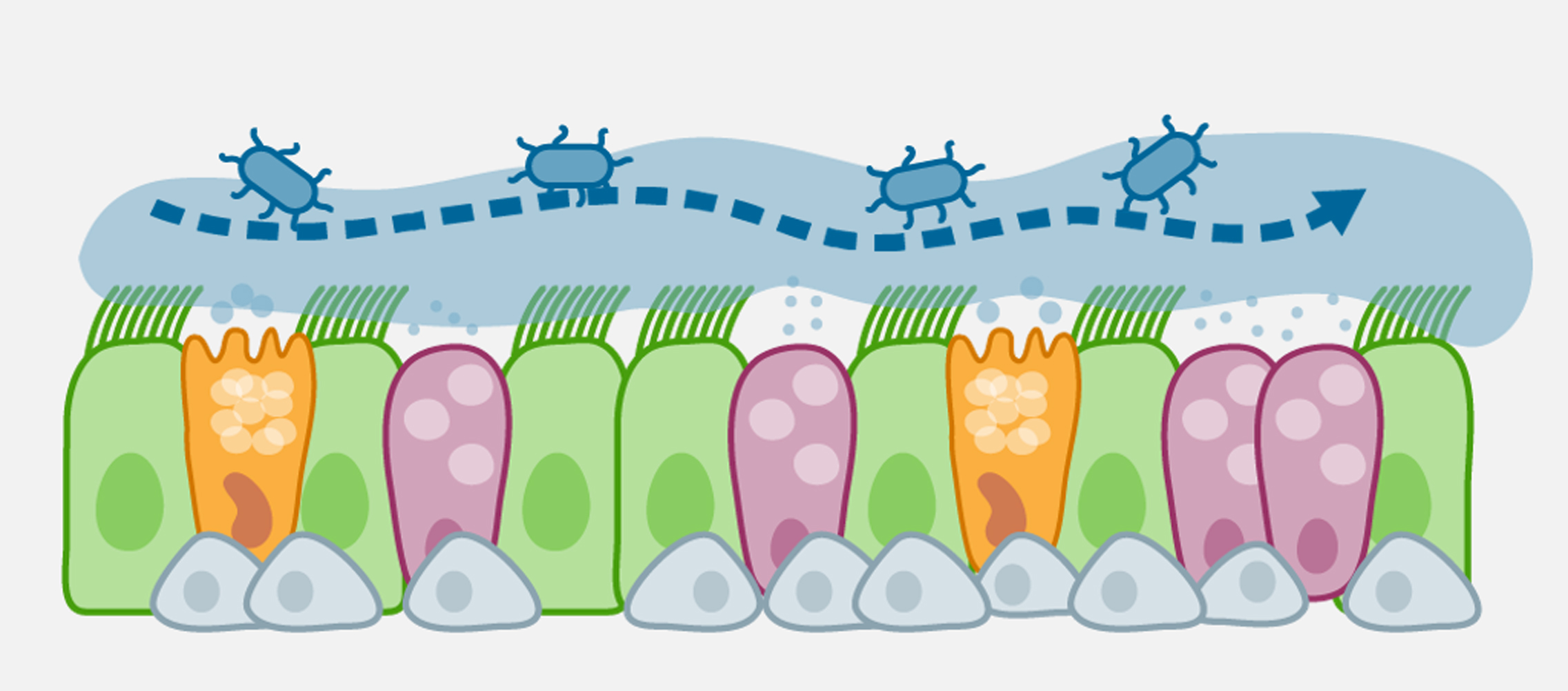European Union funds research into the adaptability of tissues
Dr. Peter Walentek from the Medical Center - University of Freiburg receives an ERC Grant with two million euros in funding for his research into how tissues change their function through different cell types and what role this plays in diseases


Two million euros for research into the adaptability of tissues: Dr. Peter Walentek, Heisenberg Research Group Leader at the Department of Medicine IV at the Medical Center - University of Freiburg has been awarded a prestigious ERC Consolidator Grant. As the European Commission announced on December 3, the MAGIX project will be funded for five years from mid-2025. Walentek and his team of researchers are investigating why some tissues are so adaptable and which mechanisms cause this adaptability to fail in diseases. In particular, the scientists are investigating the function of muco-ciliary tissues, which play various important roles in the body, be it in the lungs, the female reproductive tract or the intestines.
Muco-ciliary tissues: the body's protective shield
Muco-ciliary tissues are true all-rounders in the human body. They consist of mucus-forming cells and cells with tiny hairs, known as cilia. In the lungs, this cooperation ensures that dirt, bacteria and other harmful substances are transported out of the body. In the fallopian tube, this moves the egg. "We want to understand how tissue can fulfill protective tasks through the combination of certain cell types and how this function changes through altered cell combinations, for example in diseases or during evolution," explains Walentek, who is also a member of the Cluster of Excellence CIBSS - Centre for Integrative Biological Signalling Studies at the University of Freiburg.
Particularly exciting for research: the team uses the frog as a model to investigate the role of these tissues in the early colonization of the intestine by microorganisms. "Dr. Walentek's research can not only provide new insights into human disease mechanisms, but also help to develop improved therapies," says Prof. Dr. Gerd Walz, Medical Director of the Department of Medicine IV at the Medical Center - University of Freiburg.
People with chronic respiratory diseases could benefit in the long term
Using a combination of genetic tools, single-cell analyses and mathematical models, the team aims to decipher the exact mechanisms behind the formation and function of cell types. "Ultimately, we want to understand which genetic and epigenetic factors ensure that tissues can fulfill their specific functions," says Walentek.
"The research work of Dr. Walentek and his team impressively demonstrates the importance of a deep understanding of the molecular mechanisms of tissues. The ERC grant is highly deserved and underlines the strength of medical research here in Freiburg," says Prof. Dr. Lutz Hein, Dean of the Faculty of Medicine - University of Freiburg.
The research results could have far-reaching consequences: from improved diagnoses to customized therapies for chronic respiratory diseases and other conditions that affect mucociliary tissue. Chronic respiratory diseases in particular could benefit from the findings, as the protective mechanisms of these tissues are often disrupted.
Original title of the project: MAGIX- Mucociliary Adaptations and Gut Microbiome Establishment in Xenopus.
Link to the ERC website: https://erc.europa.eu/homepage
Caption 1: Schematic of the lung epithelium: cells with cilia (green) work together with mucus-forming cells (yellow, purple) to effectively remove pathogens from the lungs.
Image source: CIBSS / P. Walentek & M. Rössler
Caption 2: Dr. Peter Walentek receives the ERC Consolidator Grant for his research.
Image source: Medical Center - University of Freiburg
Back
Medical Center - University of Freiburg
Central Information
Phone: 0761 270-0
info@uniklinik-freiburg.de
For press inquiries:
Corporate Communications
Breisacher Straße 153
79110 Freiburg
Phone: 0761 270-84830
kommunikation@uniklinik-freiburg.de

